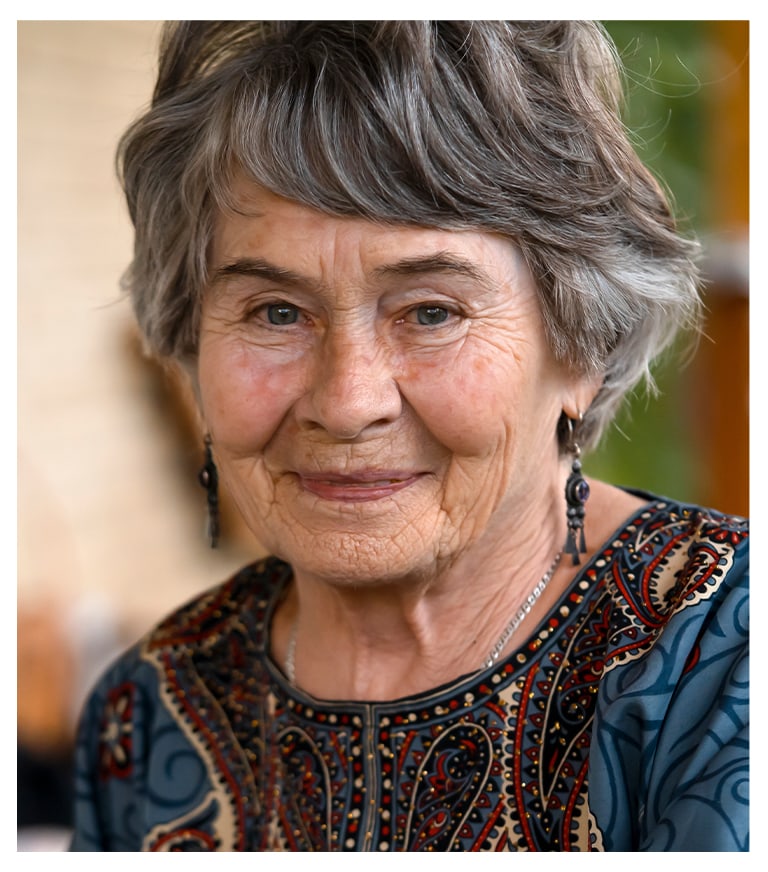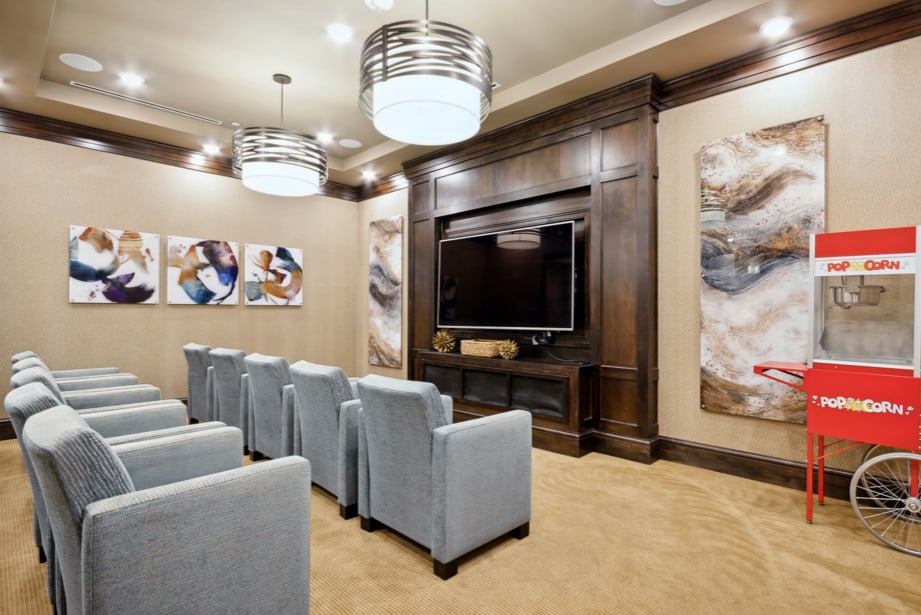As the global population ages, the need for specialized care for individuals with memory-related conditions has grown significantly. With terms like “memory care” and “dementia care” often used interchangeably, it’s essential to understand their differences to make informed decisions for your loved ones.
Memory care is a specialized form of long-term care tailored specifically for individuals with Alzheimer’s disease and other types of dementia, whereas dementia care encompasses a broader range of support services for various stages and types of dementia. While these 2 types of care can overlap in many areas, they also differ in some ways.
Understanding Memory Care
The primary focus of memory care is to provide a safe and supportive environment that caters to the unique needs of those with memory impairments.
Key Features of Memory Care
- Secure Environment: Memory care communities are designed with safety in mind, featuring secure entrances and exits to prevent wandering.
- Personalized Care Plans: Each resident receives an individualized care plan that addresses their specific cognitive and physical needs.
- Specialized Services: These communities offer services such as cognitive therapies, memory-enhancement activities, and assistance with daily living tasks.
The Essence of Dementia Care
Dementia care refers to the comprehensive care and support provided to individuals diagnosed with dementia, including Alzheimer’s disease.
This type of care focuses on managing the symptoms and progression of dementia through various therapeutic approaches. Dementia care is commonly available within memory care communities, but can also be provided by a caregiver within the home.
Key Features of Dementia Care
- Cognitive Therapies: Techniques such as cognitive stimulation therapy (CST) and reminiscence therapy are employed to enhance cognitive function and quality of life.
- Medical Management: Regular monitoring and management of health conditions related to dementia, including medication management.
- Supportive Environment: Creating a calm and structured environment to reduce confusion and agitation.
Similarities & Differences
Memory care usually refers to specialized communities where residents receive tailored support and engage in activities designed specifically to enhance their cognitive functions and overall well-being.
Memory care communities are equipped with the resources and staff trained to handle the unique challenges faced by individuals with memory impairments, providing a secure and nurturing environment.
However, dementia care can also be provided within these memory care communities, encompassing a broader range of services to manage the diverse symptoms of different types and stages of dementia.
Caregiver Training
Both types of care require caregivers trained in handling memory-related conditions. However, dementia care staff often undergo additional training in specific cognitive therapies.
Living Environments
- Memory care is a type of lifestyle typically offered within senior living communities. It may be offered alongside independent and assisted living or exist as a standalone community.
- Dementia care can be provided within memory care communities or specialized dementia units within broader healthcare facilities.
Strategic Advice for Caregivers
When deciding between memory care and dementia care, consider the following factors:
- Stage of Condition: Evaluate the progression of your loved one’s memory impairment.
- Individual Needs: Assess their specific cognitive, physical, and emotional needs.
- Professional Recommendations: Consult with healthcare professionals for guidance on the most appropriate care type.
- Community Tours: Visit potential communities to observe the environment and meet the team members.
Understanding these aspects will help you make a well-informed decision that best supports your loved one’s well-being.
The Future of Specialized Care
The landscape of memory-related care is continuously evolving, with advancements in technology playing a significant role.
Innovations such as artificial intelligence (AI)-driven cognitive therapies, virtual reality (VR) experiences, and smart home technologies are enhancing the quality of care for individuals with memory impairments.
Lilac Trace Memory Care
At The Grande at Chesterfield, our Lilac Trace Memory Care neighborhoods are crafted to support your loved one’s life through personalized experiences and services. We celebrate who they were, who they are, and who they are yet to be.
Daily Acuity Programs
Our programs are personalized to your loved one’s cognitive and physical abilities, helping them flourish in our Lilac Trace neighborhood. They maintain their sense of self, contribute actively, and engage in meaningful social roles.
Comprehensive Activities
With a diverse calendar of events, we promote psychosocial and active lifestyles, incorporating social, educational, nutritional, emotional, and spiritual expressions.
Research-Backed Care Philosophies
Our approach builds on research-backed care philosophies to help residents with cognitive and memory conditions like Alzheimer’s disease and other forms of dementia live life with dignity and a sense of belonging.
Find the Care that Suits Your Loved One
Understanding the differences between memory care and dementia care is crucial for providing the best possible support to individuals with memory-related conditions. Whether you choose memory care or dementia care, the goal remains the same—to enhance the quality of life for your loved ones. Book a tour at The Grande at Chesterfield today and discover the unique experiences we offer. Explore Lilac Trace Memory Care and see how we can help your loved one thrive.










